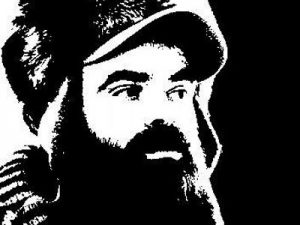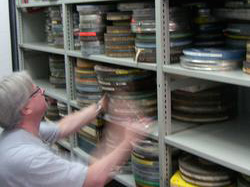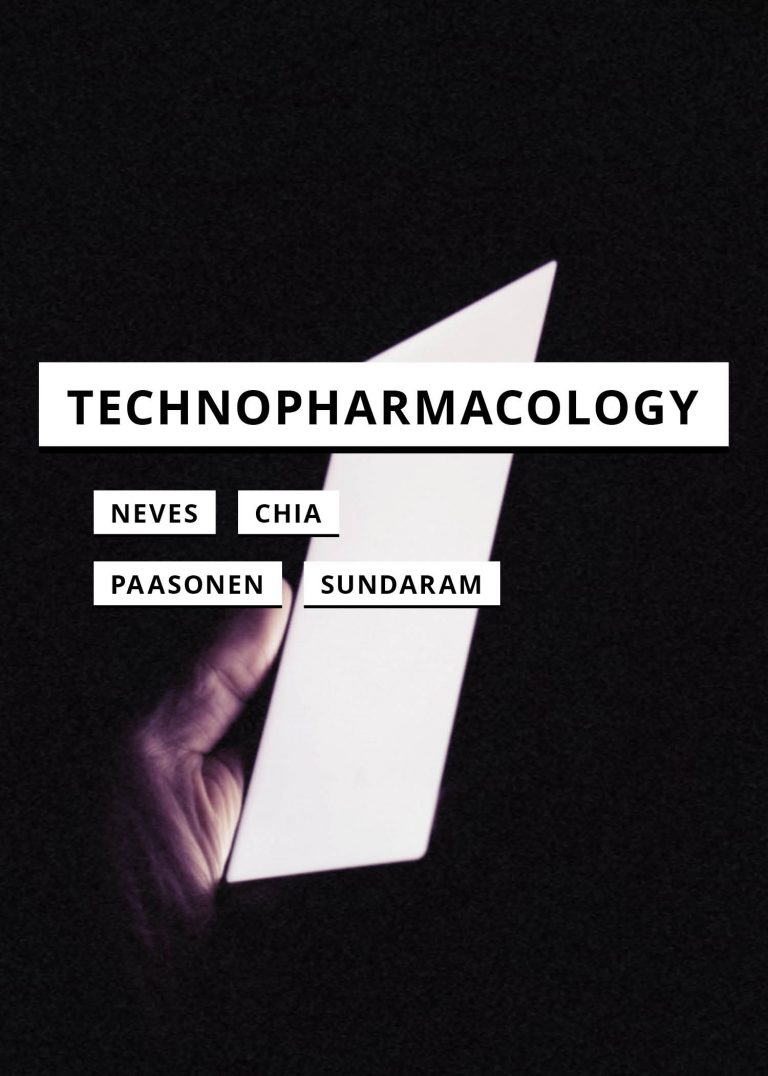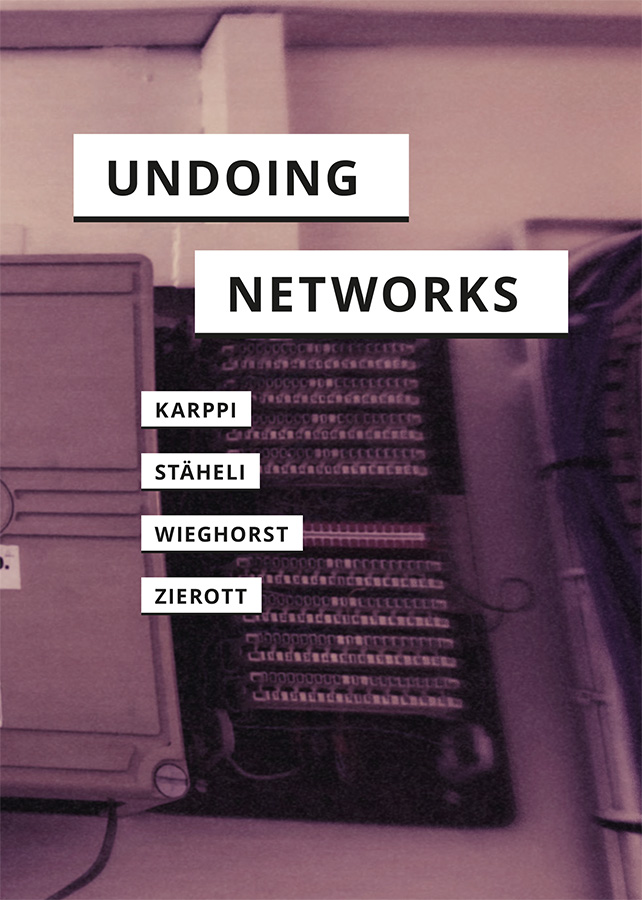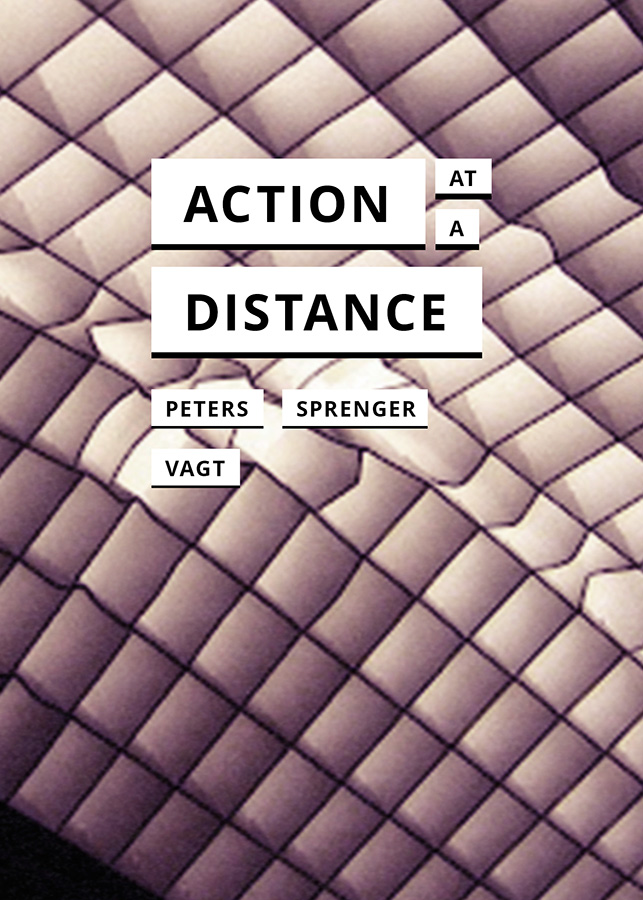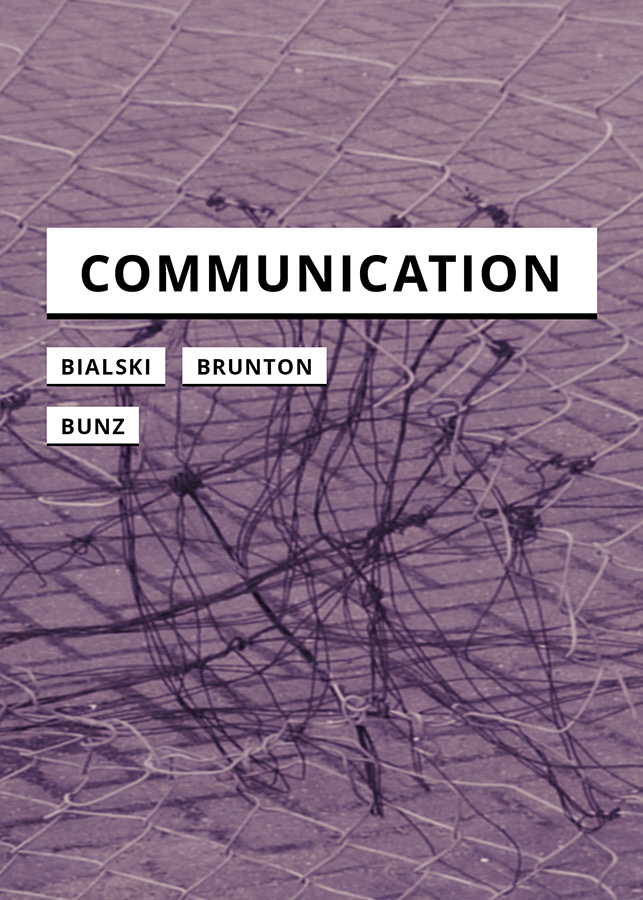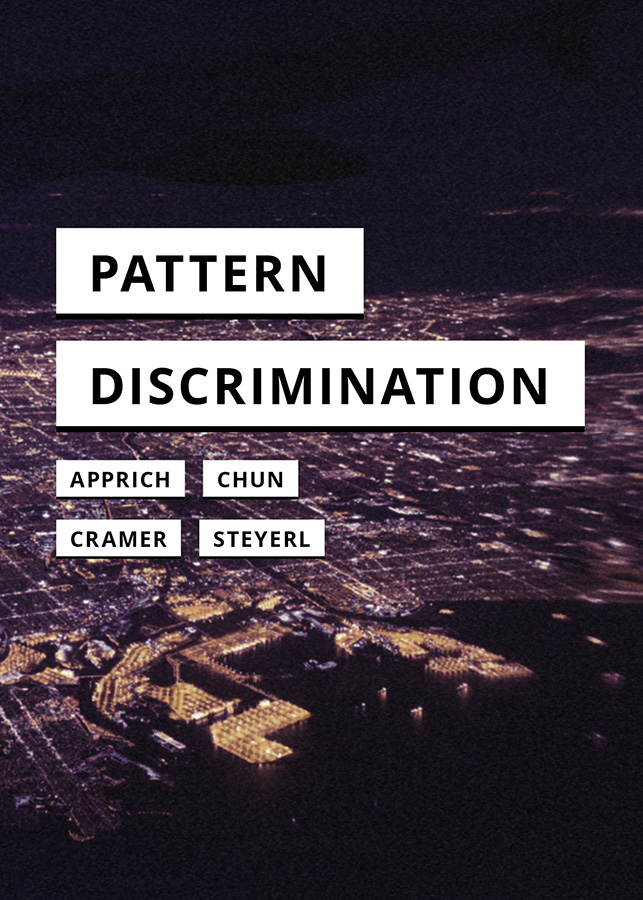Archives
Archives have become a nexus in the wake of the digital turn. This book sets out to show how expanded archival practices can challenge contemporary conceptions and inform the redistribution of power and resources. Calling for the necessity to reimagine the potentials of archives in practice, the three contributions ask: Can archives fulfill their paradoxical potential as utopian sites in which the analog and the digital, the past and future, and remembrance and forgetting commingle?
This book gives voice to the important philosophical and political underpinnings of alternative archives, places of hands-on practice, and laboratories.
— Lori Emerson, University of Colorado Boulder
In showing that archives are more than mere ‘data,’ this book
performs a much-needed intervention: to re-pose the question of the archive as a key concern of contemporary thought and cultural life.
— Claus Pias, Leuphana University, Lüneburg



